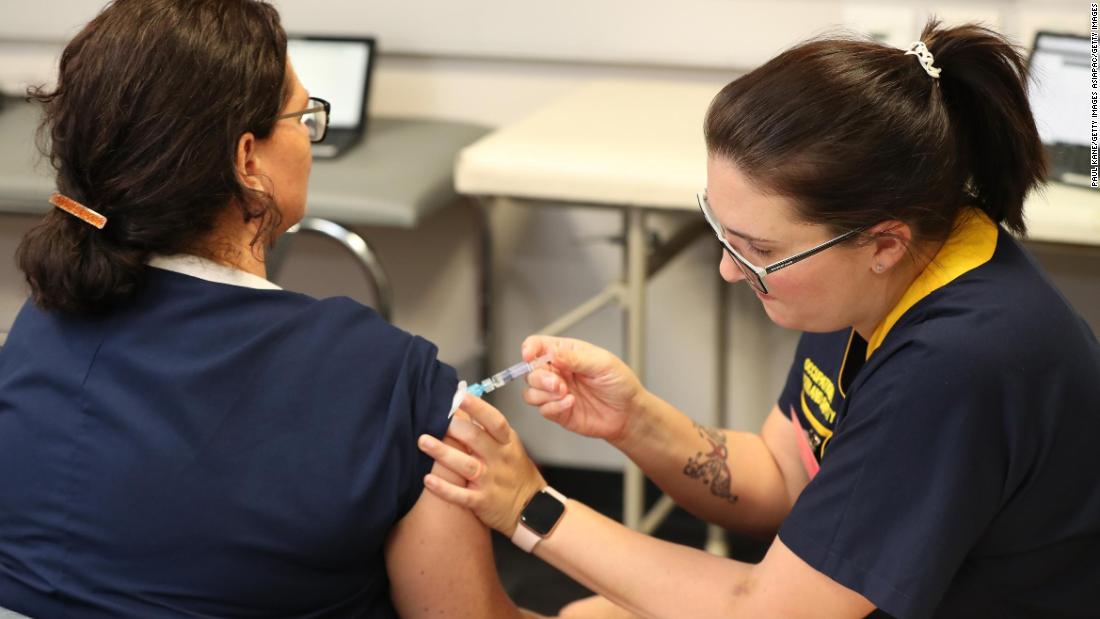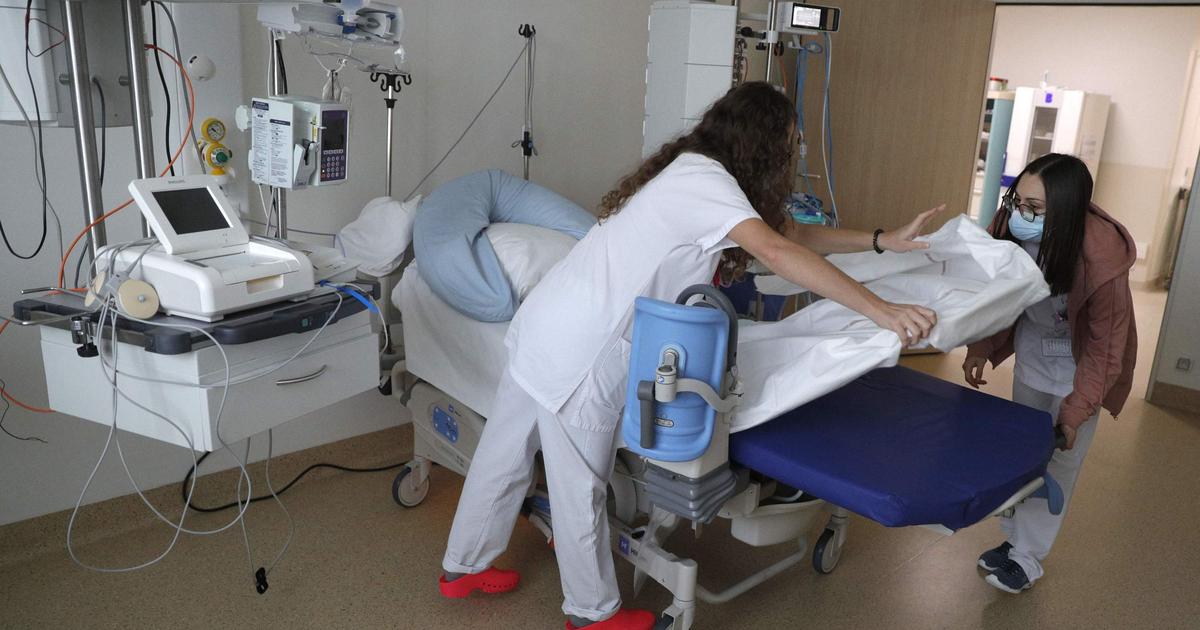What reasons lead a person to not want to be vaccinated?
3:37
(CNN) -
Coronavirus reinfections are relatively rare, but it is more common for people 65 and older to become infected more than once, according to a study published Wednesday in the
Lancet
medical journal
.
A team of scientists, including some from Denmark's Department of Epidemiology and Infectious Disease Prevention, noted that most people who have had COVID-19 appeared to have protection against reinfection that remained stable for more than six months.
At follow-up after six months, the study found no evidence that protection was waning.
But a demographic check of who was getting infected again showed that they were mostly people 65 and older.
They looked at the reinfection rate among 4 million people during the second wave of COVID-19 from September to December 31, and compared it to the infection rate during the first wave between March and May.
Of the 11,068 people who tested positive during the first wave, only 72 tested positive again during the second.
LOOK
: Covid-19 antibodies are detected in 20% of blood donors, according to the Red Cross in the USA.
The older group had only 47% protection against re-infection, compared to younger people who appeared to have about 80% protection against re-infection, the team wrote.
The finding is not completely unexpected, as as people age, their immune systems weaken.
"Given the stakes, the results emphasize how important it is for people to adhere to the measures in place to keep themselves and others safe, even if they have already had COVID-19," said the study co-author, Dr. Steen Ethelberg of the Statens Serum Institut in Denmark, in a statement.
advertising
"That's a big difference," said Dr. Amy Edwards, an infectious disease specialist at University Hospitals of Cleveland who was not involved in the study.
"I think it really emphasizes how important it is to make sure that we vaccinate everyone over the age of 60, whether they have had COVID or not, to protect against future infections."
In a commentary accompanying the study, immunologists Dr Rosemary Boyton and Daniel Altmann of Imperial College London called the difference in reinfection rate "relatively alarming."
"Only 80% protection against re-infection overall, decreasing to 47% in people 65 and older, are more worrying figures than those offered by previous studies," they wrote.
"All these data are a confirmation, if necessary, that for SARS-CoV-2, the hope of protective immunity through natural infections might not be within our reach and a global vaccination program with highly effective vaccines it is the lasting solution.
The researchers analyzed test data from Denmark that included 10.6 million coronavirus tests performed on roughly 4 million people, or roughly 69% of the country's population.
They looked at reinfection rates during the second wave of COVID-19 from September to December 31 and compared them to infection rates during the first wave of infection between March and May.
Of the 11,068 people who tested positive during the first wave, only 72 tested positive again during the second.
That amounts to less than 1% of those who were infected.
But 3.6% of people 65 and older were re-infected in the second wave.
The importance of vaccinating those over 60
This is not unexpected, due to what is known as immunosenescence - the gradual deterioration of the immune system that comes with age.
"There is a reason that people over the age of 60 should receive additional vaccines to increase their immunity to various infections, because we know that the immune system begins to weaken in adulthood," Edwards said.
One good thing about mRNA vaccines, like those from Pfizer and Moderna, Edwards said, is that the vaccines seem to overcome some of the immunosenescence concerns because they produce such robust protection.
LEE
: Have European countries made a mistake by suspending the AstraZeneca vaccine?
Here's what health experts say
"We just don't know yet whether or not people will need to get reinforcements, but it will be interesting to watch it and see how it plays out," Edwards said.
This study is in line with previous research.
Other studies have found that the reinfection rate was less than 1% and immunity could last five to six months after a COVID-19 infection.
One limitation of the study is that it analyzed infections before there were many variants in circulation.
So it is not clear what impact it could have on the reinfection rate.
That is something that scientists will need to consider in the future.
covid-19 vaccine













/cloudfront-eu-central-1.images.arcpublishing.com/prisa/KMEYMJKESBAZBE4MRBAM4TGHIQ.jpg)

